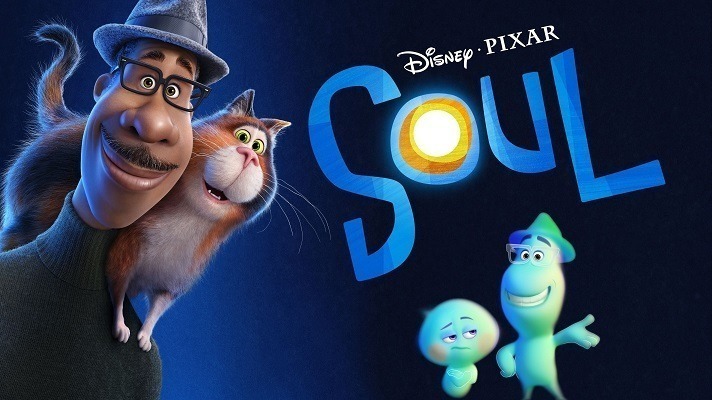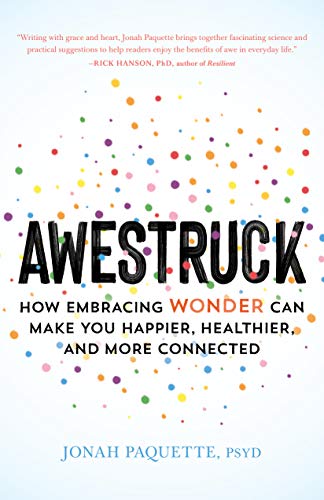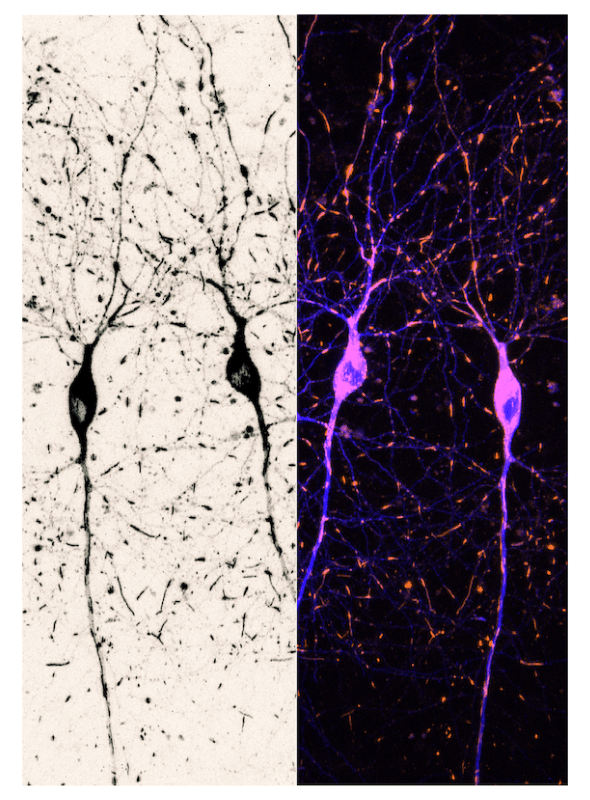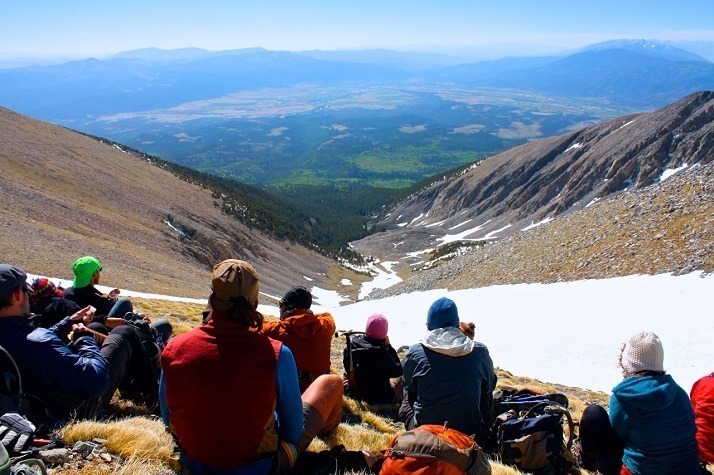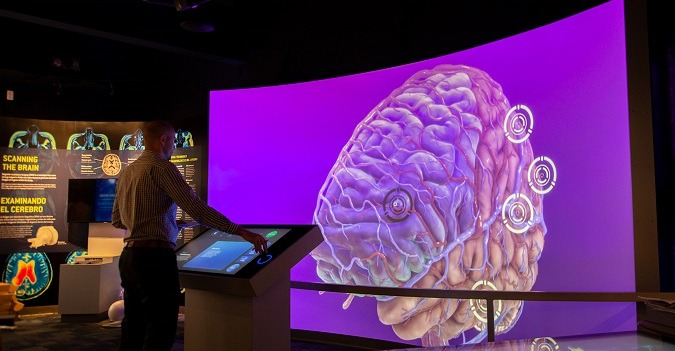Posts Tagged ‘awe’
On Awe, Wonder, Biofeedback, CBSM, Virtual Reality, Privacy, Being Wrong, and more
Welcome to a new edition of SharpBrains’ e‑newsletter, this time featuring eleven timely resources and research findings for lifelong brain health and mental well-being. #1. “Awe is the feeling we experience when encountering vast things that we don’t understand. Around the world and in culturally varying ways, studies show, we experience awe in response to…
Read MoreHow Wonder and Awe help us transcend self, regulate stress, and improve well-being
What is awe? We have all experienced it, even if we didn’t know what to call it. Whether we’re overlooking a beautiful view after a challenging hike or watching a new leaf grow on the plant we’ve been nurturing in lockdown, the feeling we get in that moment—amazed, inspired, transported—is what researchers call awe. In his new…
Read MoreHow Pixar’s “Soul” met the Science of Awe
Five years ago, I (Dacher) received a call from Pixar writer and director Pete Docter to talk about his new film. The last time I said yes to such a request, I served as a scientific consultant for his film Inside Out. So, I was intrigued. Before my visit, Pete offered a brief sketch of…
Read MoreOn neurons, lifelong learning, meditation, humility, “empty brain calories” and more
Welcome to a new edition of SharpBrains’ e‑newsletter, featuring 12 fascinating neuroscience findings and open questions–and the beautiful image above. #1. “With this image I want to illustrate the large advances made in imaging methods over the past century, allowing modern neuroscientists to look at neurons in ways that Cajal could have only dreamed of.” –…
Read MoreHow feeling awe in nature can spur mental well-being and personal growth
You might enjoy skiing or hiking. But do you feel at home in the mountains? Do you feel connected to the wilderness? According to a new study, that sense of being “home” in nature could be linked to your life satisfaction and personal growth, at least for young people. Another new study of older people…
Read MoreAwesome: Brain scans shed light on the brain networks supporting Awe
_______________ When was the last time you experienced awe? Perhaps you were stopped in your tracks by a beautiful vista on a recent hike, or captivated by a painting at your local art museum, or moved to tears at a concert or church. Or maybe you were just sitting on your couch breathlessly watching an…
Read More
